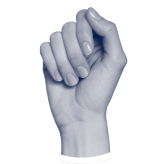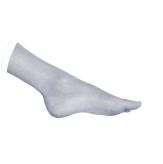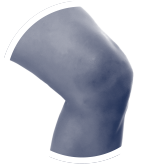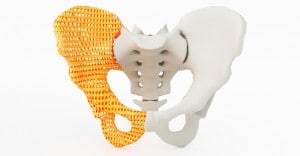
In the past few days, there have been numerous articles floating around the media stating that many painkillers, mostly focusing on NSAIDs such as ibuprofen, are useless.
Considering that 46.5% of Britons will suffer back pain at some point and many will take some form of painkiller to help manage their pain. So, what’s the truth?
How Did This Story Come About?
An article was published in the Annals of the Rheumatic Diseases by Professor Manuela Ferreira from the Institute for Global Health in Australia.
How Was the Study Carried Out?
This was a comprehensive review, involving the investigators studying 35 peer-reviewed randomised controlled trials of over 6,000 patients that used NSAIDs to manage their patients’ pain. These were then compared with a placebo. The NSAIDs used were ibuprofen, naproxen, coex-2 inhibitors (not Celebrex) and diclofenac).
What Were the Results?
Ultimately, the research found that only 1 in 6 people benefitted from pain relief of a NSAID painkiller. For those who did find relief, the effects were only mild and only in the short-term.
For the 1/6 people who NSAIDs work for, they would need to take NSAID painkillers for at least two weeks. However, because of the gastrointestinal side effects of taking NSAIDs for prolonged periods, it is not an effective medical solution for most back pain, including chronic back pain.
Is the Study Conclusive?
The method of treatment focused on oral tablets but also included gels or creams. So it is difficult to tell whether one form of application is better than another.
Also, the dosage varied between trial to trial. For those whose NSAIDs were more effective may have been on a higher dosage.
The trials focused purely on back pain and not individual patients, certain demographics or lifestyle. Some groups may have benefited from NSAIDs more than others.
So, Should I Stop Taking NSAID Painkillers for Back Pain?
If you feel relief from taking ibuprofen or another form of NSAID, then you may continue to take them. However, NSAIDs are not suitable for everyone and you should always read the box first. If you are unsure, you should speak to your pharmacist or doctor.
If you have taken NSAIDs and have not felt any relief after a few days or weeks, it is likely it is ineffective for you.
What Are the Alternatives?
If you cannot take NSAIDs, there are other forms of painkillers, such as codeine. However, many of these are only available through prescription, have side effects and, if taken for long periods, may cause dependency (addiction).
However, the best form of treatment is to stay active. We know that when you are suffering acute pain, the last thing you want to do is get up and about. It is difficult at first, but the pain will improve eventually.
There are specific exercises that can help with back pain. Try these exercises that you can do in your own time and at your own pace.
Hot and cold packs can provide relief. This can include hot water bottles, baths, ice packs or a bag of frozen vegetables and alternate between the hot and cold.
But Wait! If NSAIDs Are Mostly Ineffective, Why Do Doctors Still Recommend Them?
Patients do not like to hear that the acute pain that they are suffering cannot be solved. Many patients go to the doctor expecting a prescription and a quick fix – something that only treats the acute symptoms. Ibuprofen is extremely cheap and have minor side effects and can act in a similar way to a placebo, with the additional benefit of helping 1/6 people. Having the patient have a possible treatment that they physically take away with them, is half the battle – ‘hope’ in another word.
For more health and orthopaedic news, follow London Bridge Orthopaedics on Twitter, Facebook and Linkedin.









